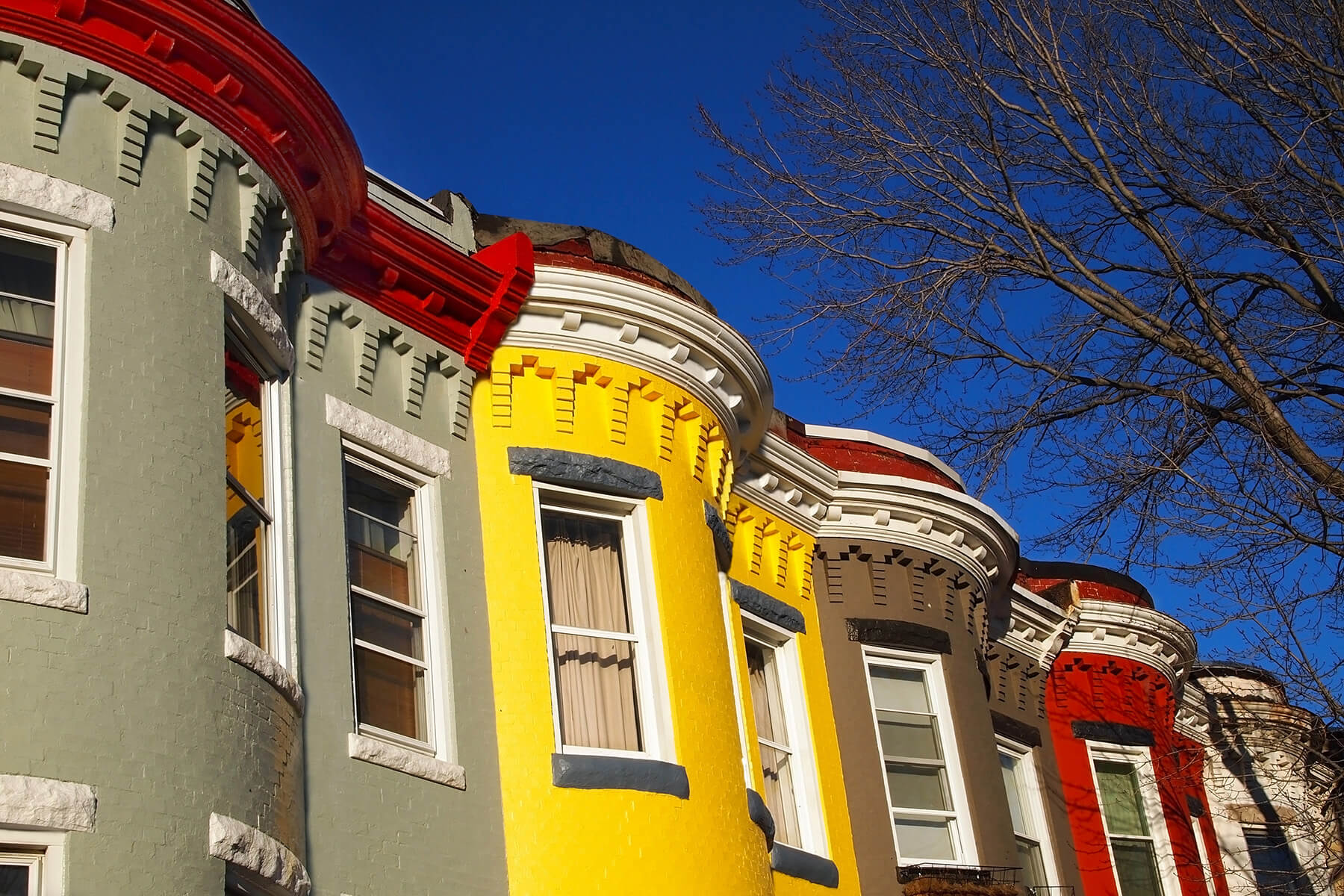
Nearly one in five Americans lives in a home that’s part of a homeowners association (or HOA). You might have heard some bad things about HOAs, but they actually might be a good choice for you. If you’re thinking of buying a home that’s part of an HOA, here’s what you need to know to make an informed decision.
The History
HOAs first really became a thing in the 1960s, although a few of them existed before then. Rapid housing growth and an increase in large-scale residential building led to these volunteer associations. In order to cluster homes together while still retaining a suburban look and feel, builders put large green areas around the homes. These, along with other common areas, needed to be maintained by someone—an HOA.

How HOAs Works
HOA boards are initially filled with developer-appointed people. Gradually, homeowners are elected and become part of the board. An HOA follows a series of rules and regulations, with some (but not much) state and municipal oversight. Rules, regulations, and expenses vary widely.
These rules and regulations are supposed to help maintain, protect, and even improve the community. This means that every single homeowner is automatically part of the club. And all members are subject to all the HOA’s rules and regulations, just by purchasing that property. You should get a list of rules and regulations from the seller before you buy the home you’re interested in.
Fees
And what about fees? HOA fees are notorious. They can range from anywhere from $25 a month to more than $400 a month. Some HOAs maintain very little property, using money just to enforce restrictions. Others are more like little towns, including pools, roads, street lights, and more. This is why fees vary so much.
The HOA uses its collective buying power to manage expenses. If it’s run correctly, the money goes into an operating fund (which is used for maintenance) and a reserve fund (which is money saved for future expenses like repaving). A proper reserve fund ensures that homeowners won’t be hit with a large assessment in the future.

Benefits of HOAs
Maintenance
HOAs provide maintenance and management services, which is a big deal when you’re a busy homeowner. Your fees go toward things like maintaining common areas (so, lawn care and snow removal), trash/water/sewer services, pest control, and maintenance for the outsides of buildings. HOAs may also maintain gyms, pools, and other recreational amenities that its homeowners enjoy.
Community
HOAs can give homeowners a sense of community and of shared values. They can foster good relationships between neighbors and help give you a sense of belonging.
Property Values
One of the biggest benefits of an HOA is that if it’s run correctly, your property’s value will probably stay the same and might even increase. Homes in HOAs are often very well cared for and aesthetically pleasing.

Disadvantages of HOAs
There’s no doubt about it—HOA fees can be a financial burden. Fines are especially burdensome. Although you may be paying for services you would be paying for anyway, there’s no doubt that you’ll also be paying for maintaining appearances. Plus, HOA fees can increase, making budgeting difficult. In some states, you can be foreclosed on if you haven’t paid your HOA fees.
You also lose some of your autonomy when you join an HOA. Want to paint your front door bright orange? Your HOA may not allow you to, and there isn’t anything you can do about it. Some find these restrictions unnecessary and overwhelming.
